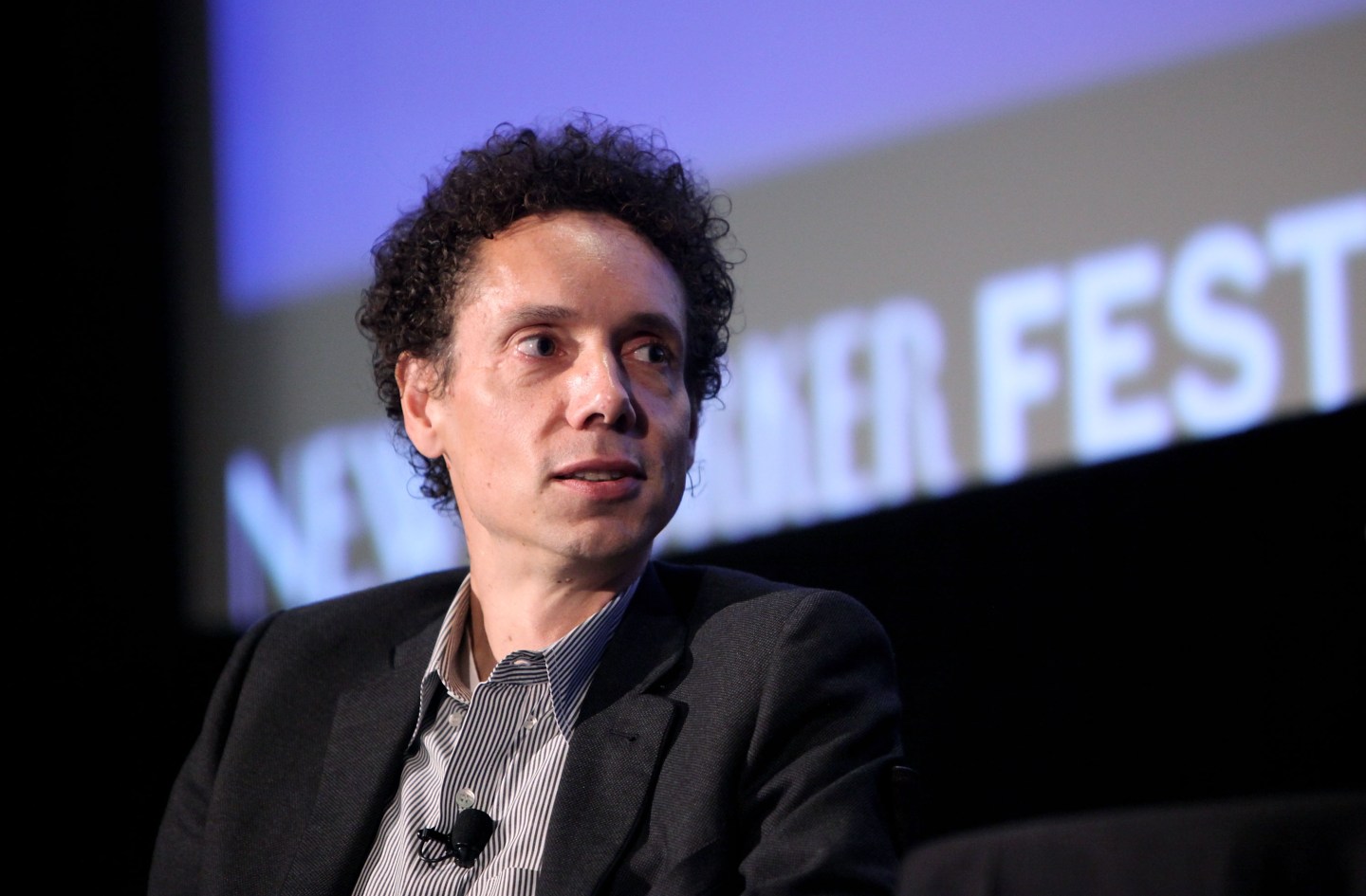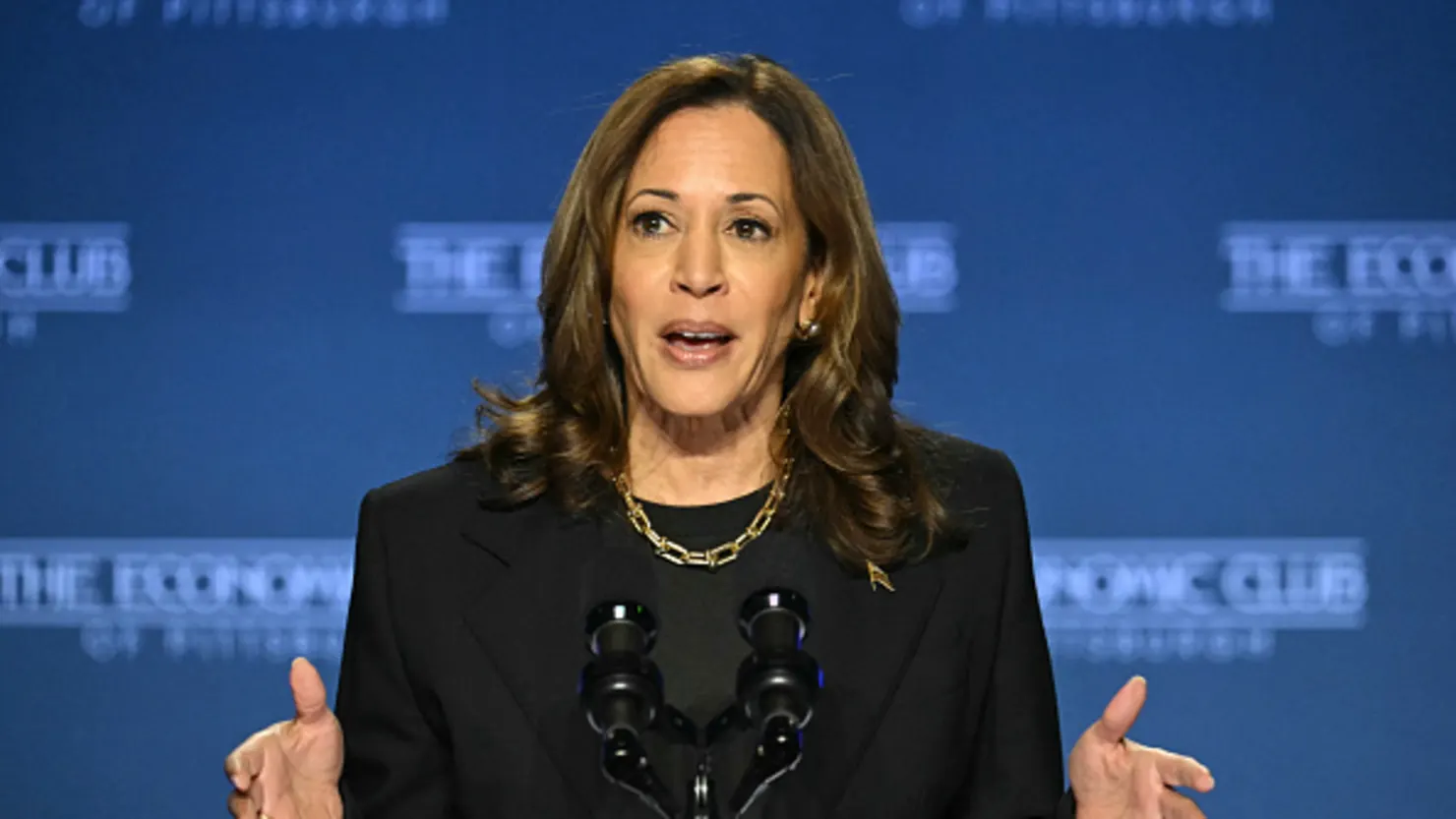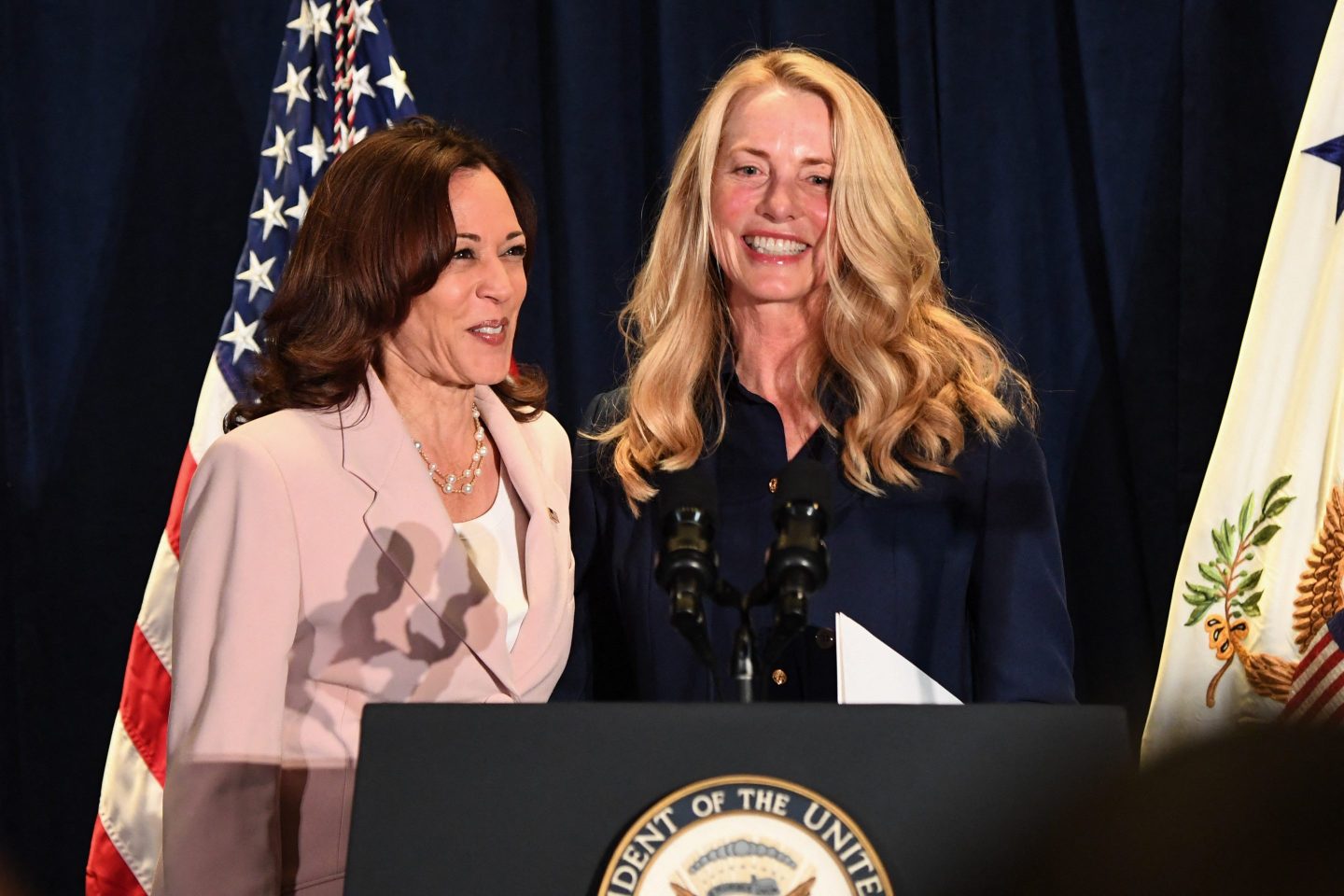The United States stands at a critical juncture, a tipping point that demands immediate attention and action. The convergence of several pressing issues has created a landscape where the nation’s future is at stake, leading to heightened concerns among citizens and leaders alike. Economic instability, political polarization, and social unrest are coalescing, presenting challenges that could redefine the very fabric of American society.
The economic situation in the U.S. is particularly alarming. While the country has experienced periods of growth, inflation has surged, impacting the cost of living for millions. Prices for essentials like food, housing, and energy have risen sharply, creating financial strain for households. The Federal Reserve's efforts to control inflation through interest rate hikes have had mixed results, leading to fears of a recession. As businesses grapple with increased costs, many are forced to make difficult decisions regarding layoffs and scaling back operations, further contributing to economic anxiety.
Amid these economic challenges, political divisions have reached an unprecedented level. Partisan bickering has made it increasingly difficult for lawmakers to find common ground on critical issues. The political landscape is marred by extreme rhetoric, with many citizens feeling disenfranchised and disillusioned by the current state of governance. As trust in institutions wanes, the potential for further unrest grows, with more individuals feeling compelled to take to the streets to voice their frustrations.
Social issues also loom large on the horizon. The ongoing debates surrounding race, gender, and immigration have sparked intense discussions and, at times, violent confrontations. The Black Lives Matter movement, LGBTQ+ rights activism, and immigration reform efforts have all highlighted deep-seated divisions within society. These movements have brought to the forefront the need for systemic change, but they have also triggered backlash from those who feel threatened by progress. As these societal fractures deepen, the potential for conflict increases, posing a risk to national unity.
Climate change is another critical factor contributing to the U.S. tipping point. Natural disasters have become more frequent and severe, with wildfires, hurricanes, and floods wreaking havoc across the nation. The urgency for action is clear, yet political will remains elusive. While some leaders advocate for aggressive climate policies, others prioritize economic growth, fearing that environmental regulations could stifle business. This impasse hampers the country's ability to respond effectively to one of the most pressing challenges of our time.
In light of these challenges, the question remains: how can the U.S. navigate this tipping point? Addressing economic concerns will require a multifaceted approach, focusing on sustainable growth that prioritizes both stability and equity. Policymakers must consider measures that alleviate the burden on struggling families, such as targeted relief programs and investments in job creation. Engaging in open dialogue across party lines is crucial to fostering collaboration and rebuilding trust in governance.
Social cohesion must also be prioritized. Bridging divides will require active listening and empathy from all sides. Communities need to come together to address the underlying issues that fuel resentment and anger. Initiatives that promote inclusivity, education, and understanding can help foster a sense of belonging among all Americans. Encouraging civil discourse and providing platforms for diverse voices can pave the way for constructive conversations about the future.
Moreover, addressing climate change demands immediate and bold action. The U.S. must transition to a green economy, investing in renewable energy sources and sustainable practices. Policymakers should incentivize businesses to adopt environmentally friendly practices while supporting workers in industries affected by this transition. Collaboration between government, businesses, and communities is essential to create a sustainable future for generations to come.
In conclusion, the United States is at a tipping point that requires urgent and decisive action. The convergence of economic, political, and social challenges presents an opportunity for transformative change. By prioritizing unity, empathy, and sustainability, the nation can navigate this precarious moment and emerge stronger. The path forward will not be easy, but with collective effort and a commitment to addressing these pressing issues, the U.S. can chart a course towards a more equitable and resilient future. The choices made today will shape the trajectory of the nation for years to come, making it imperative for leaders and citizens alike to rise to the occasion.















Post a comment